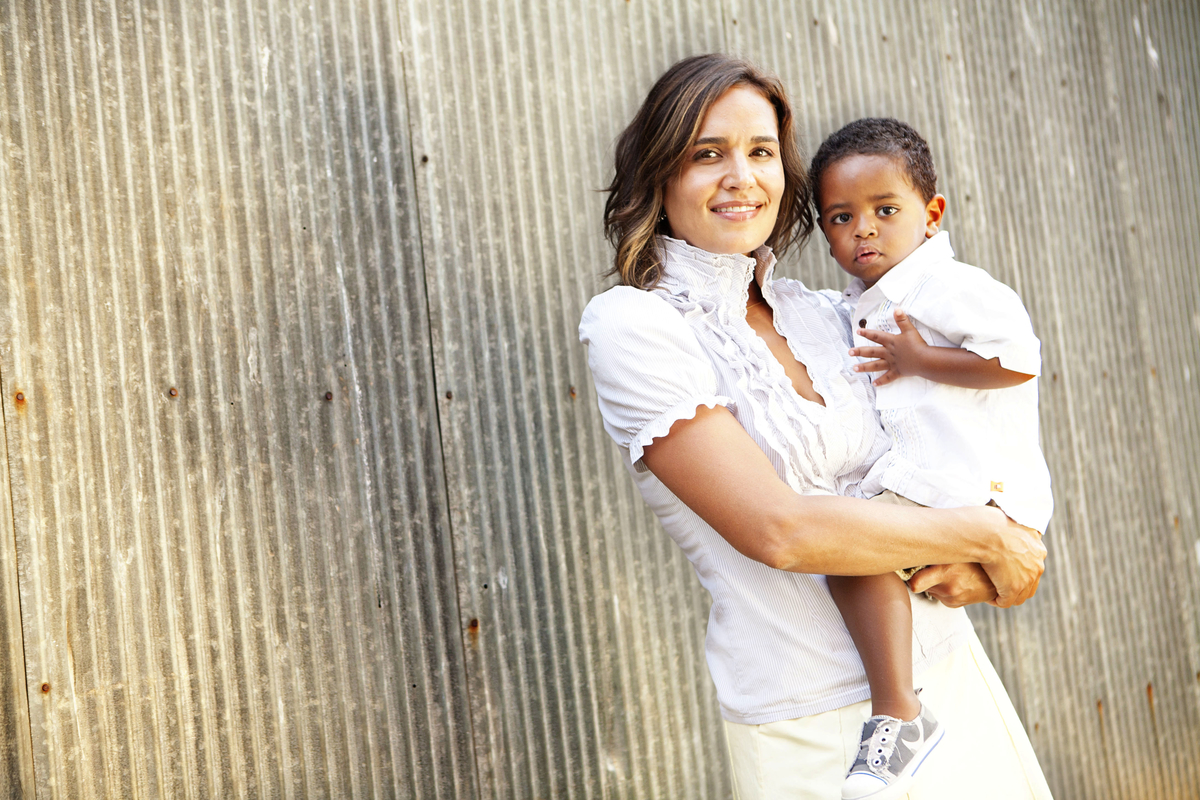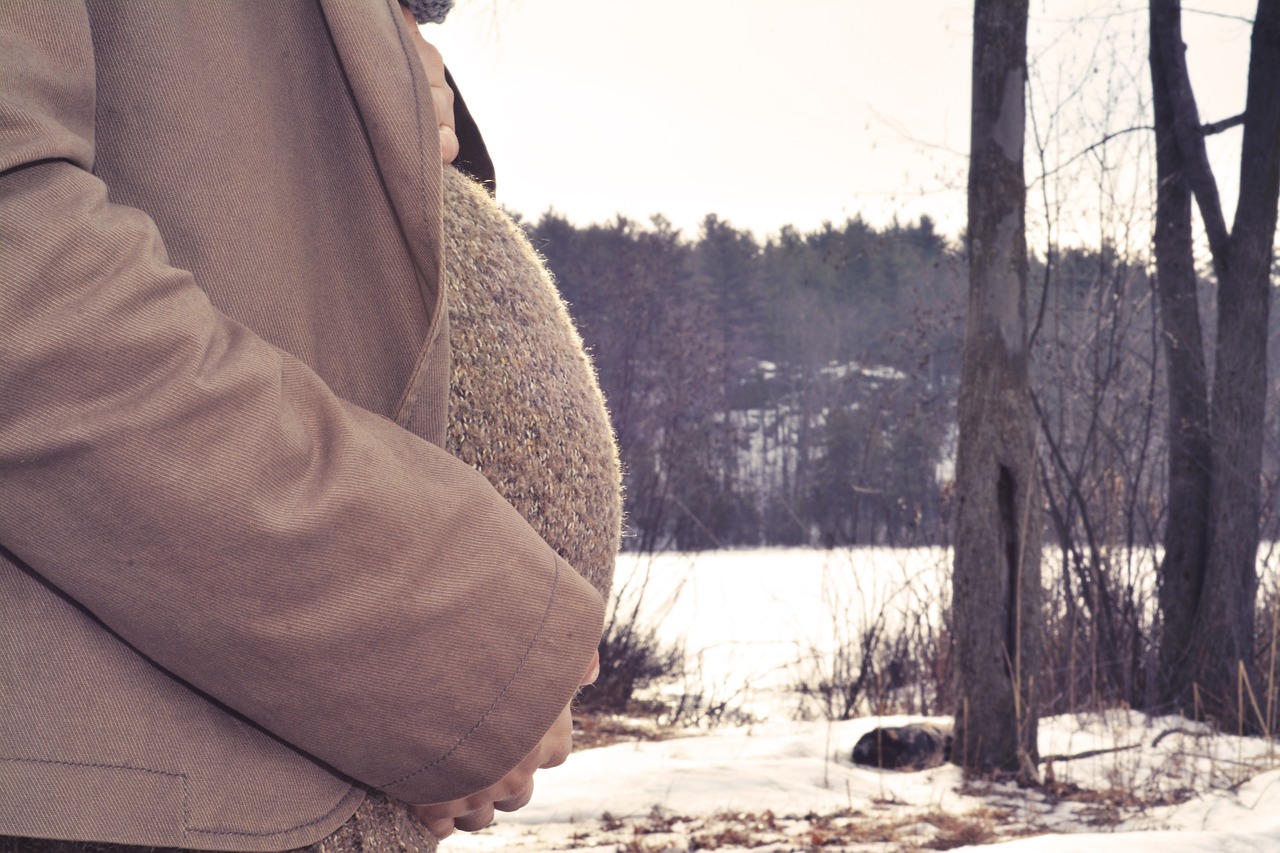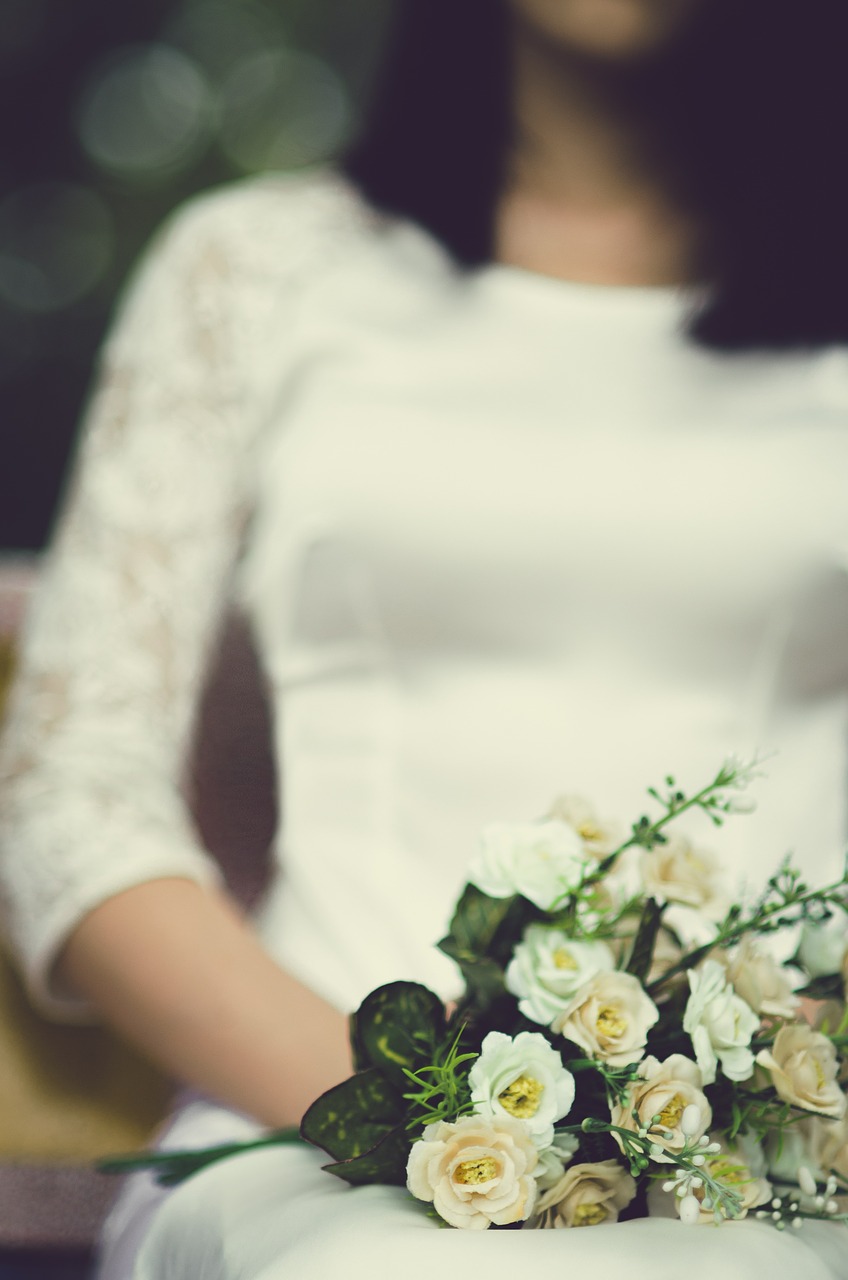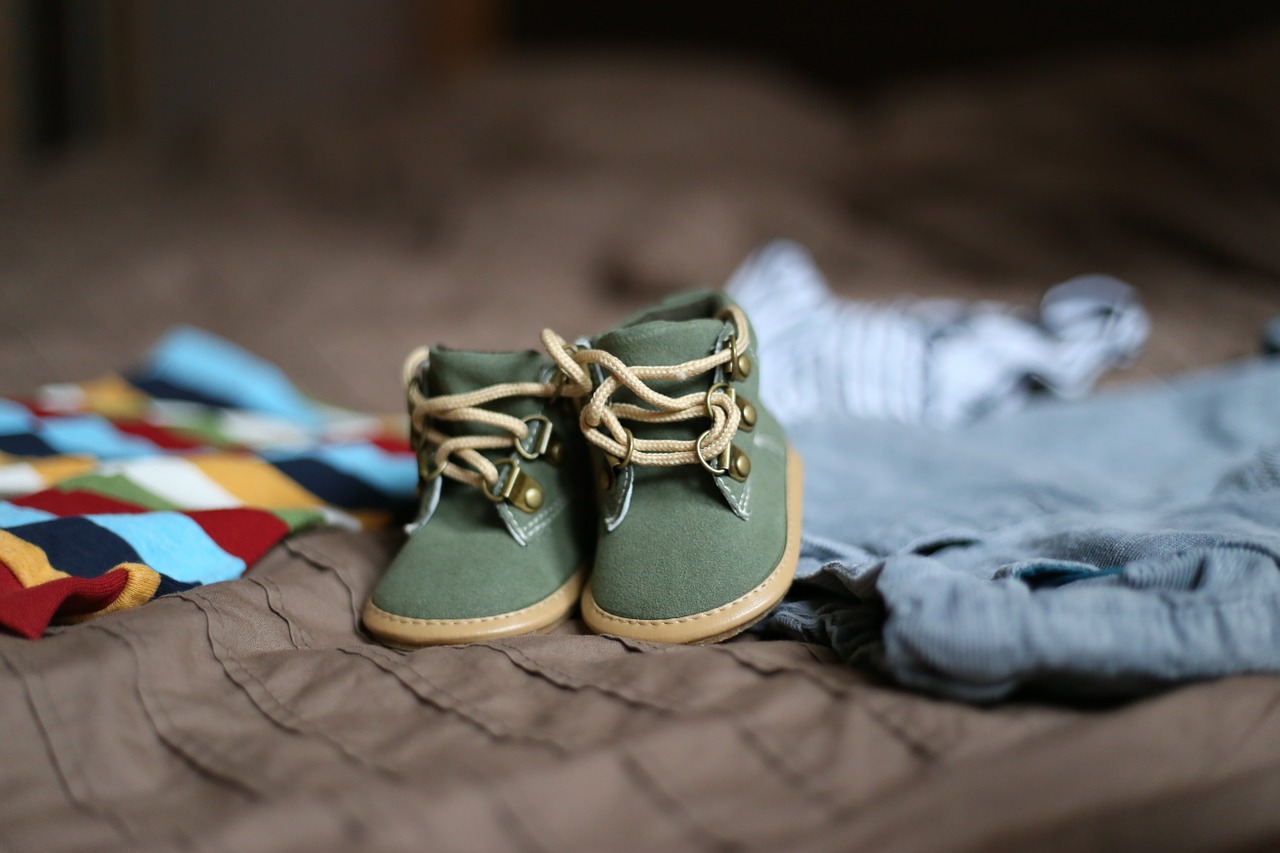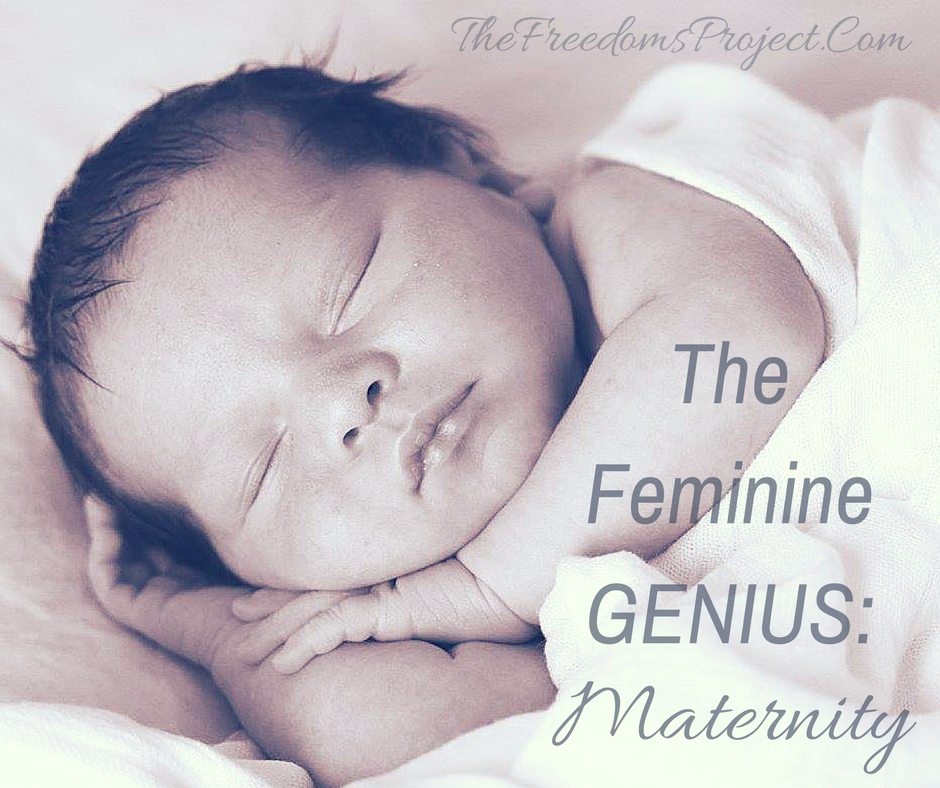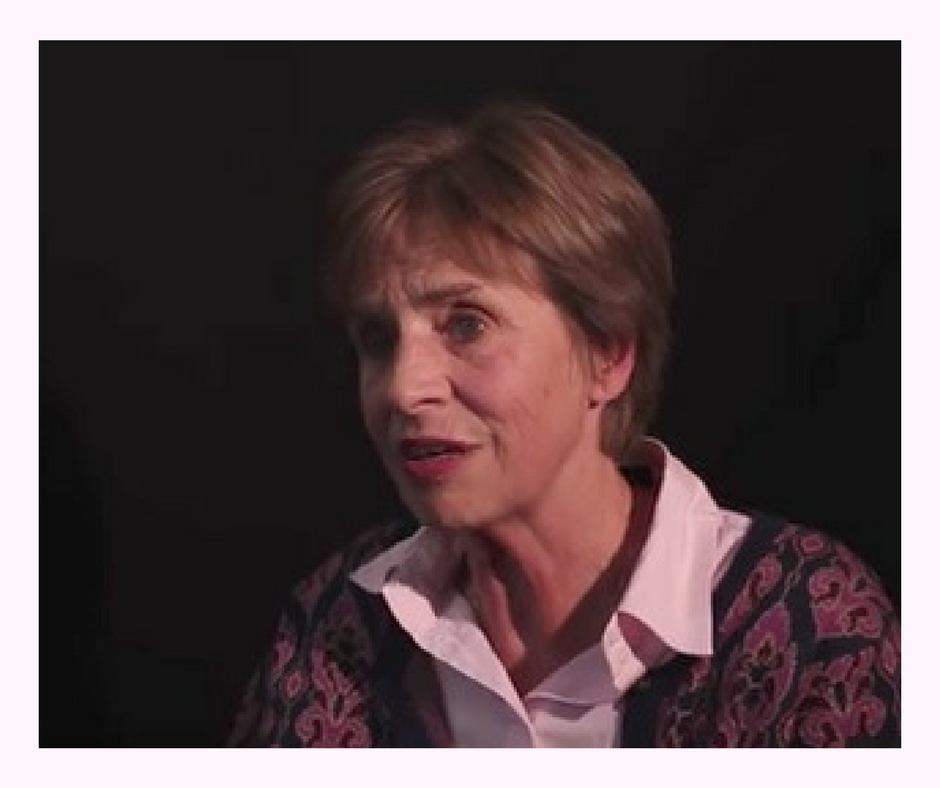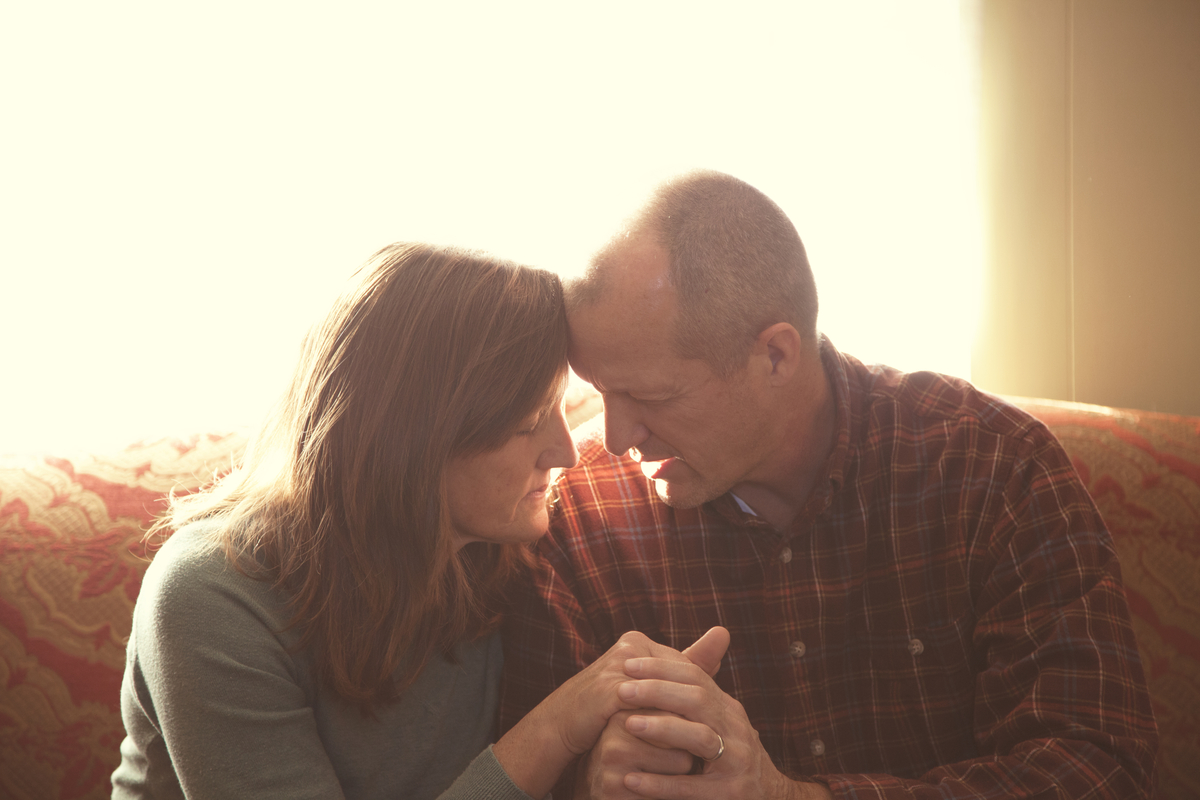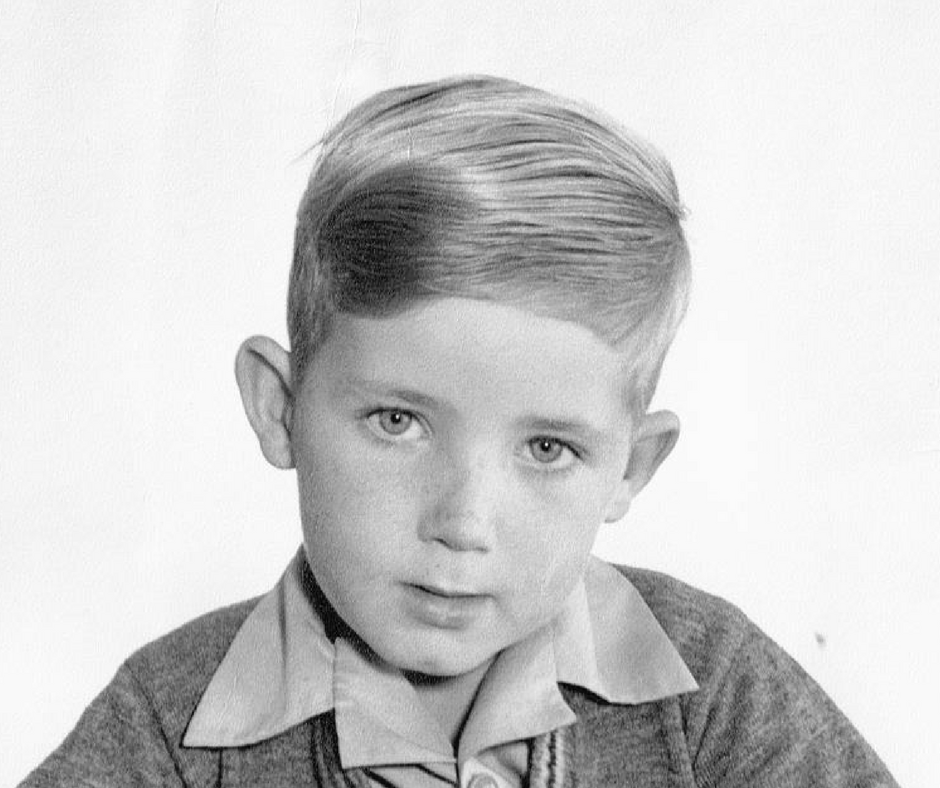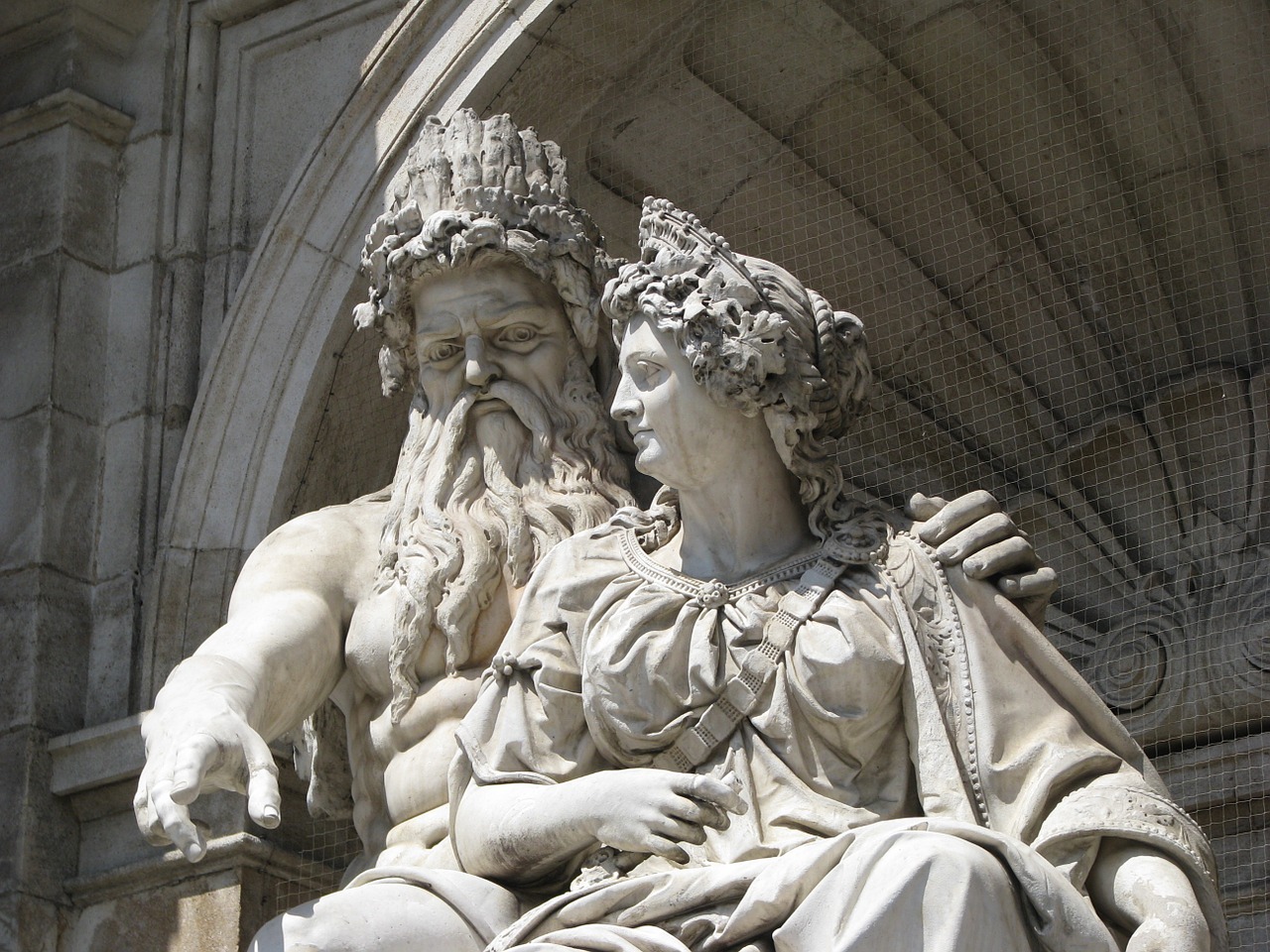[Warning: this article contains graphic descriptions of gay sexual activity.] Why on earth would a same-sex attracted man oppose the proposed SSM amendments to the Marriage Act and choose to suffer the wrath of others in the gay community, who have as a consequence shown themselves to be thoroughly vindictive and accusing? My awareness that I was different emerged at a very young age..
My Early Years
I always had this feeling of purity and innocence that pervaded my life, something that instilled a very strong moral compass and an acute sense of justice. My mother left a violent and dysfunctional marriage when I was three years old and returned to her country town where I was raised for periods of time by my grandparents and mother's younger sister. I was an angelic child, faired haired, full of grace but hurting knowing that my father was missing, and the environment around me was unstable despite loving relatives stepping in to shelter me for periods of time. I particularly refer to the period when my mother disappeared for some months to conceal the birth of an assumed full blood sister. I enjoyed the doting attention of my grandfather who had sired five daughters, but never been given the gift of a son. I happened to be the first grandchild and a boy. Sadly he passed away at the early age of 49 when I was seven, and I lost the only male influence that I had felt protected by and in whose company I felt emotionally secure.
He Wasn't My Daddy
When I was five years old my mother re-connected with a childhood friend and they launched into a relationship that matured into a life-long defacto partnership and between them they gave life to four more children. This man was alien to me. I could not bring myself to call him Dad despite being prompted. I referred to him as Uncle Arthur for many years, and after that whenever I referred to him as dad, the words stuck in my throat. My mother later recounted that although she had many suitors after leaving my father none were prepared to accept the baggage. It had been suggested to her that if she was to adopt me then they could start fresh and raise a family. Fortunately for me and to her credit she was unwilling to barter the life of her first child, to gamble on her own future happiness. Be mindful that this was the 1960s. Women's rights were few, social security did not exist and young unmarried women were frowned upon as virtual contemporary trailer trash. My step father was prepared to start life with a four year old stepson in tow, although he never showed me that he regarded me as equal to his own children and I grew up feeling like a satellite orbiting around this newly constructed family unit. At age six I recall having strong feelings to be held and cuddled by a man. There were other sexual desires within me also that many adults would not attribute to a child so young, and as a result, all of my life it has left me pondering the question of the nature V nurture debate.
First Homosexual Experiences
My first MM intimate experiences occurred in high school as children my age were negotiating puberty and experimenting somewhat with other friends who were also finding their way. The working class town I grew up in was extremely homophobic, jokes were common and derogatory remarks in reference to some men eg 'poofter' followed by some other offensive name normally attributed to female genitalia consistently heard. No boy growing up in that environment would dare to be honest, and in any event I was still focused upon miraculously being attracted to girls and securely within marriage, raising a family of my own. At age twelve I was infatuated with a young male teacher after he showed what seemed to be a genuine concern for my welfare. That developed into nights spent sleeping in a bed made up in the back of his vehicle, and me while sustained by his affection, fearful of any further forays into sexual exploration. I would sew up my zipper with a needle and cotton to prevent access. It didn't work. At 18 having found a job and running away from home two years before I had one of the worst confrontations of my life. My mother and stepfather who had come to the city to stay in my small flat while conducting some business, became aware that I had been in a close relationship with another lad my age.
Rejection
My mothers rage was cyclonic. Her first question being "are you poofters, or what?" Her wrath was extraordinary! Her anger was vicious, saturating the very words which sprang forth almost in an attempt to excuse her of any previous sin in her own life. She targeted my heart with acute precision and culminated the insults by saying "Your grandfather would be ashamed of you" and "I would rather you be a murderer, anything would be better than that". At 2am in the morning she and my step father loaded the family car, including my three sisters and drove three hours in the middle of the night to my home town. I was abandoned, left in isolation from family for a year, during which time one despairing emotionally charged day I decided to change my name by deed poll. I wanted this to be a catalyst for change, an attempt to find a new foundation upon which to build a new life, a happier more fulfilling life. This period saw attempts to educate myself by re-enrolling in courses to complete my secondary education and open doors into a future professional career. I finally started a career in teaching aged 30 but interspersed with study and work was exposure to gay society in the city's gay pubs. In my heart I wanted to meet a lifelong companion, a best friend, partner, confidante, lover. The dream of the cat, the dog and white picket fence filled my reason for living and gave hope for a fulfilling future yet to be realised. What I found in gay society appalled me. The lack of commitment beyond the first few months, the acceptance of casual sex, the desire for 'beat' sex in public toilets and the promotion of open multi partner relationships.
The Truth about the Gay Lifestyle
The community itself was destructive, even if you found a possible partner there was no real support. Always someone on the prowl trying to split you and your new partner, as if in conquest and a new notch in the belt, the self esteem of the victor would be enhanced. In Melbourne, Sydney and Adelaide, gay saunas - sex houses - established and became venues where disease was spread, young men preyed upon, and married men seeking sex with other men concealed their true identities. In these places sexual appetites were catered for, group sex 'orgy' rooms were promoted in gay lifestyle publications, and sling rooms made available to cater for psychologically suspect individuals who wanted the insertion of successive penises. In the last week in a casual sex site (Craigs List) a male was advertising for men to attend the sauna where he would be waiting in the sling room.. legs apart and where prospective partners could freely abuse his anus with a fist and arm up to the elbow. Photographs of his gaping receptive hole accompanied the advertisement.
Waving the Rainbow Flag
I fully realise that descriptions of this kind are unpalatable and to some repulsive, but to equip ourselves with accurate information is the best defence against highly organised claims for equality and justice which are in effect a licence to perpetuate the kinds of behaviour I have referred to in this article. Sadly the Rainbow coalition has stolen the agenda and misrepresented the values that perpetuate a very promiscuous and self serving community. I feel resentful that without consultation all same sex attracted people like myself have been lumped into a hotch potch band of misfits and Gay Pride invoked and intentionally labelled under the LGBTQI banner. Some choose to adopt the label with pride and wave the rainbow flag demanding even greater rights, the right for three-way polygamous marriage, the right for gender fluidity where drag becomes the daily norm. Fringe behaviour is pushed in the faces of the majority, cross-dressing becomes normal rather than being confined to incidental night time entertainment in the bars and clubs of seedy drug-promoting establishments.
So Much To Lose
There is no doubt in my mind that young people need to be protected in schools and that the mental health of adolescents needs to be a focus of education authorities, but these goals can be achieved through anti bullying initiatives and inclusive school cultures. It is simply dangerous to dance with radical gay rights groups, including powerful academics, promoting the total acceptance of gender fluidity and the abandonment of traditional marriage. In the words of the five year old boy introduced to you in this article, "Where is my daddy? I need the love and fatherly embrace of my dad." We should never ever neglect the rights of children to have the love and nurturing of two opposite gender parents. The accusations and claims for adult rights from the gay community are simply stunning. Love is not Love when the rights of children are completely over-ruled by the selfish self absorbed demands of individuals who choose not to think about the consequences of their demands upon society. There is little to be gained by sanctioning same sex marriage and so much to lose including the hope of people young and old, to travel the road of life supported by constructive fulfilling, traditional, family structures.


